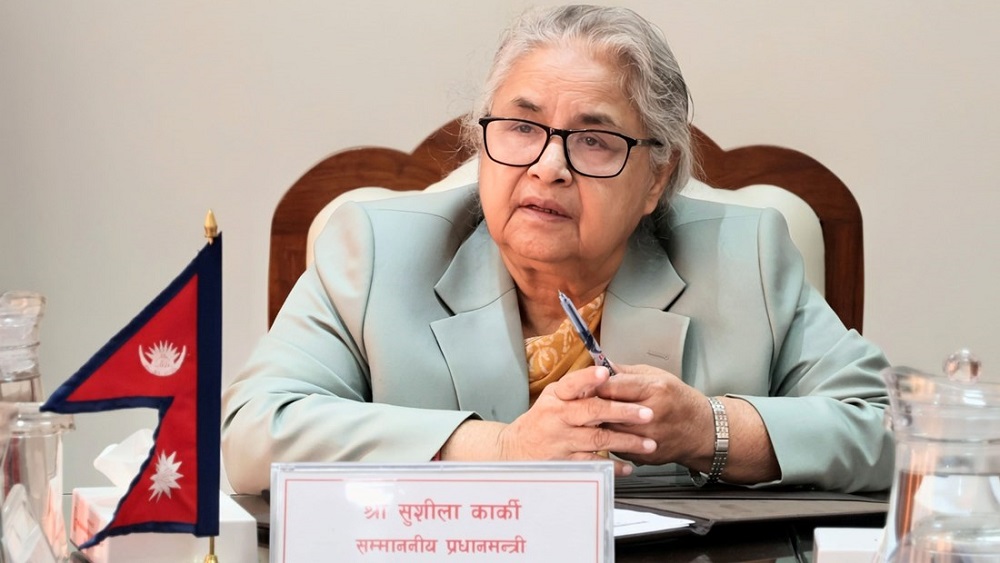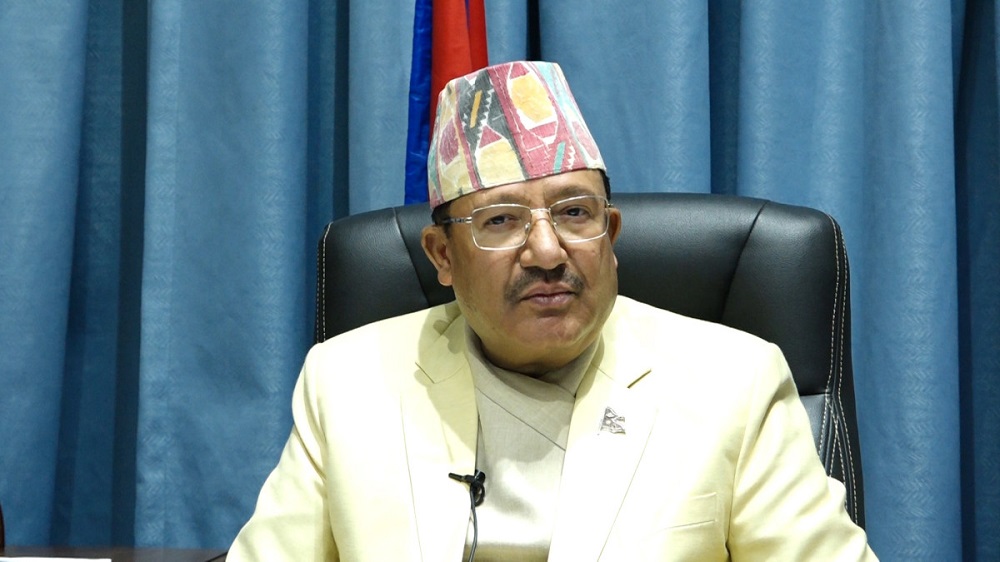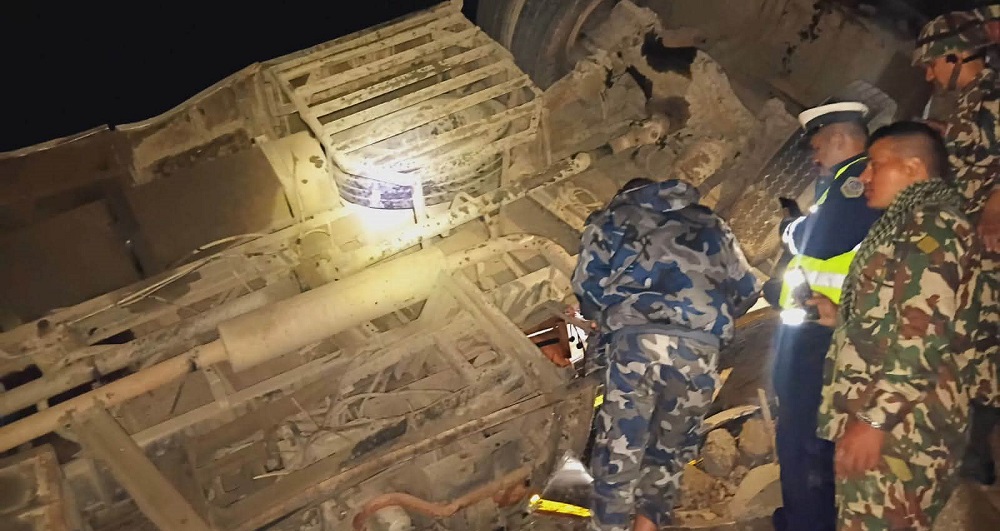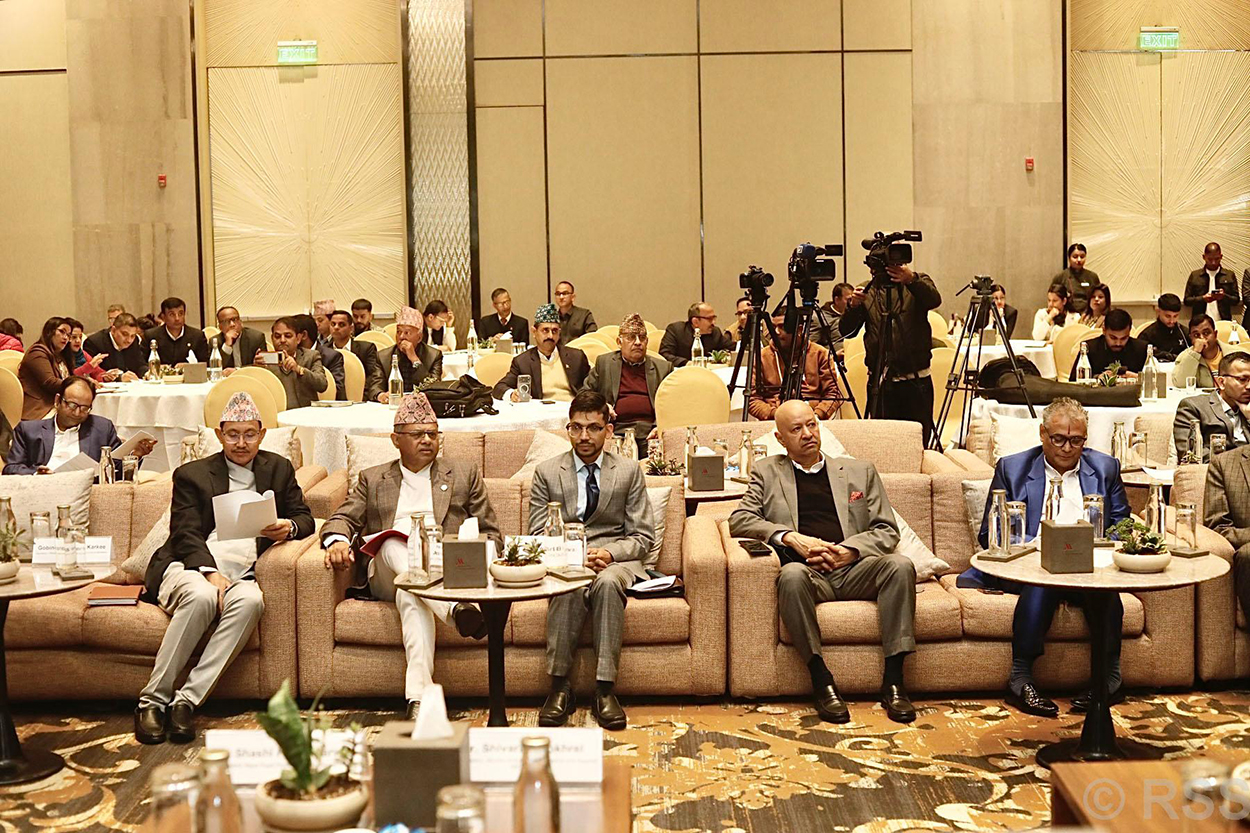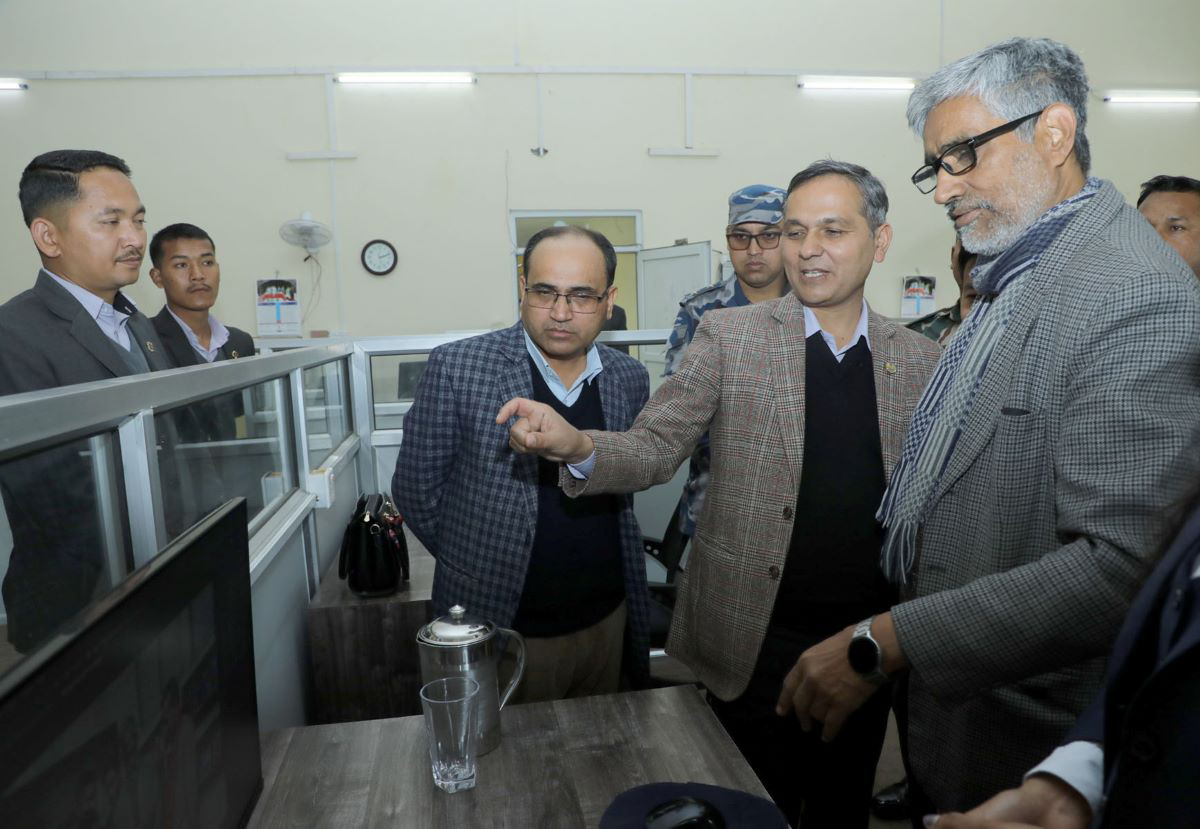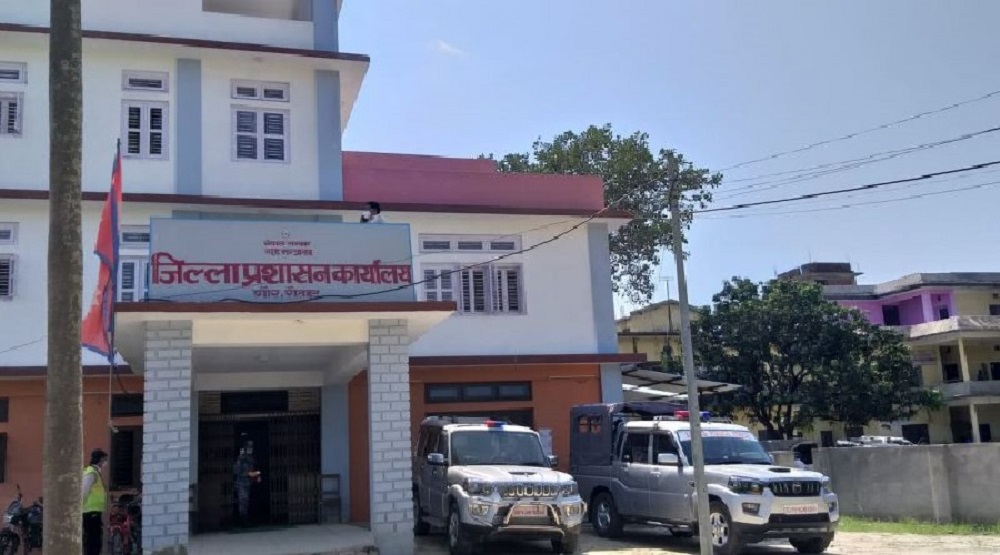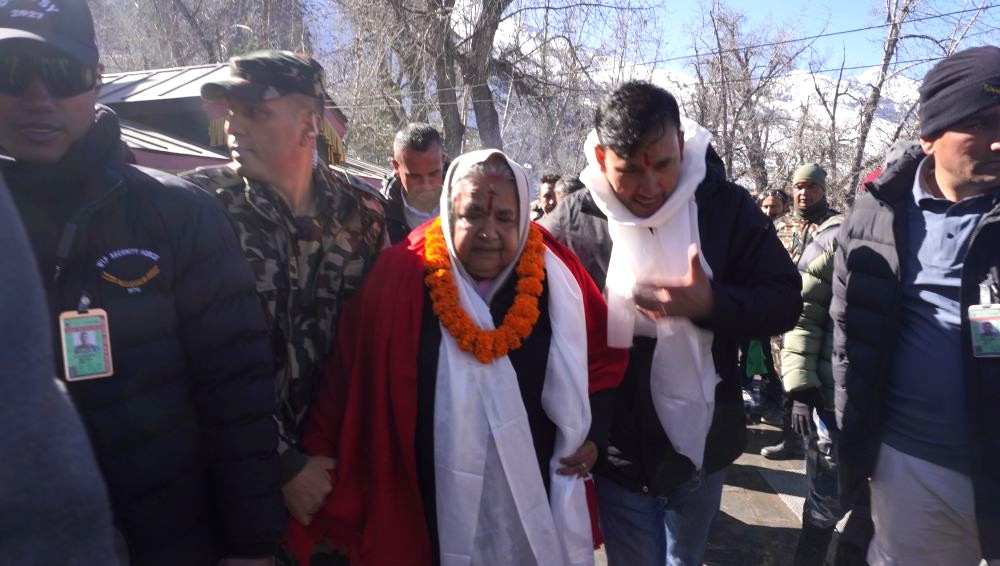KATHMANDU: Experts have stressed the need for cross-border cooperation to reduce the growing risks and potential losses in mountain river basins.
They say a trans-boundary early warning system is essential to minimise the risks and damage caused by the climate crisis.
Speaking at an interaction programme titled “Rising Climate Crisis: What are the Solutions?” organised by the Nepal Forum of Environmental Journalists (NEFEJ) on Monday, they pointed out the lack of cross-border information sharing and inter-agency coordination, which has been increasing the human and economic toll of climate-related disasters.
Dr. Chang Chyangkong, Head of the Climate and Environment Division at the International Centre for Integrated Mountain Development (ICIMOD), said that well-resourced research and studies are necessary to address climate-related events.
He added that mountain countries could benefit if developed nations transfer technology and knowledge. “For this, science diplomacy is essential. We are preparing to bring in foreign experts to provide training to enhance the Hindu Kush region’s capacity to deal with disasters such as permafrost melting and avalanches,” he said.
Climate change expert Dr. Dharma Upreti said that Nepal cannot address these challenges alone as multi-hazard events are increasing, making cross-border cooperation essential.
Referring to climate-related events in India and China as learning opportunities for Nepal, he warned that rising temperatures in mountain areas could increase the frequency of destructive incidents. “We must promote cross-border cooperation through climate diplomacy,” he said.
Glacial flood researcher Shrikamal Dwivedi said Nepal must strengthen its own capacity to reduce climate risk incidents.
He said that glacial lake outburst floods (GLOFs) are not caused only by large lakes, and that smaller lakes can also pose sudden threats.
“We must be aware that glacial lakes formed 20-25 years ago now pose even greater risks,” he said. He called for the creation of a special agency to prevent multi-hazard events and minimise losses, noting that development projects are being affected because damages from debris-laden GLOFs are not properly assessed.
Rina Chaudhary, Environmental Inspector at the National Disaster Risk Reduction and Management Authority, said the Authority is active in risk reduction and post-disaster facilitation and is working to implement mitigation measures as a coordinating body.
Other speakers, including former NEFEJ President Kosmos Bishwakarma and environmentalist Dr. Binod Bhatt, emphasised the need for regular and efficient coordination to ensure timely transmission of early warnings in multi-hazard events. They also called for timely training, workshops, and orientation programmes for journalists and media to improve coverage of disaster risk reduction issues.





